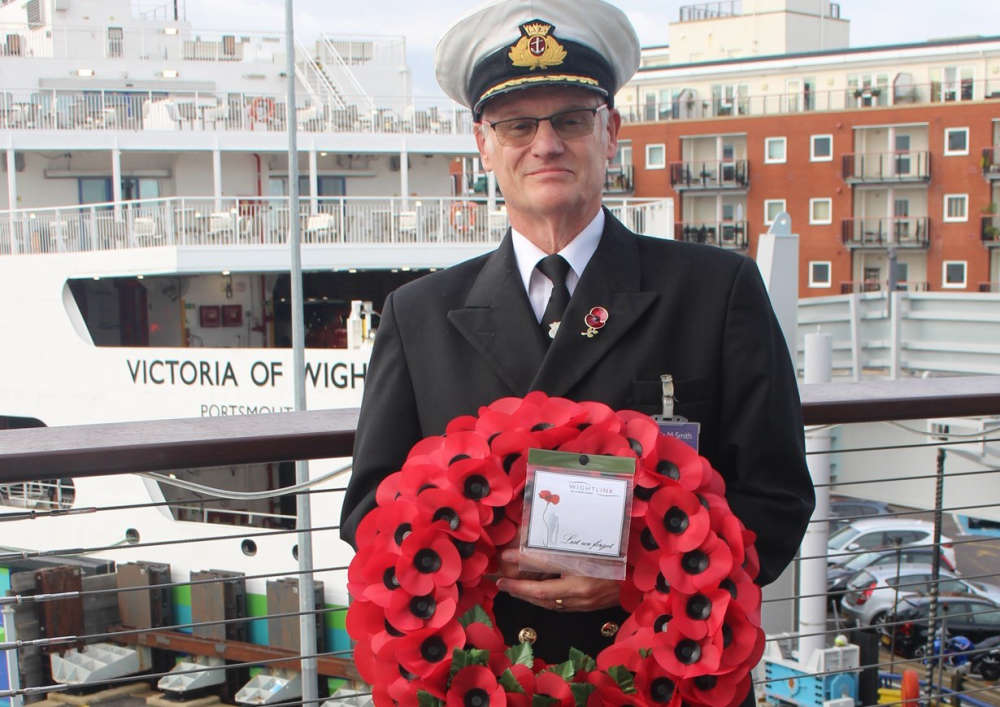
Captain Mike Smith will present Wightlink’s wreath at the annual Remembrance Service at the Merchant Navy Memorial in London, to remember the seafarers who lost their lives in two world wars.
The Memorial at Tower Hill commemorates more than 36,000 merchant seamen who died during the First World War and Second World War and have no grave but the sea. Their names are recorded on stone tablets. The Memorial stands in the gardens of the seafarer’s charity Trinity House, within sight of the River Thames.
Captain Smith said:
“Before joining Wightlink, I worked for BP. During the Second World War, 50 of the company’s tankers, half of the entire fleet, were sunk including many in the Atlantic and Arctic convoys. In all, 657 merchant seamen lost their lives. I also worked for P&O which lost 179 ships. When I see the names of the crew who died on the Memorial, I am reminded once again of their bravery in those dark days.”
The Captains of all Wightlink vessels will invite crew and customers to observe the two minutes’ silence to remember those killed in armed conflicts on both Thursday November 11 and Sunday November 14.
Wightlink Chief Executive, Keith Greenfield, said:
“Every year, we remember our fellow seafarers who lost their lives in wartime. It is difficult to imagine what they went through to keep vital supplies reaching our shores. I am grateful to Captain Smith for representing us this year.”
Wightlink’s predecessors, Southern Railway’s fleet of ferries, kept sailing through the Second World War. Early in the morning of Saturday September 20, 1941 the paddle steamer Portsdown hit a mine, which had been dropped by a German bomber near Spitbank Fort. A massive explosion tore the ship in half and the Captain and seven of his 11-strong crew were killed, along with 20 passengers.
Three paddle steamers were requisitioned by the Royal Navy and converted to armed minesweepers. Sandown, Ryde and Whippingham saw service supporting the Normandy landings shortly after D-Day. Earlier in the war, Sandown, Portsdown and Whippingham evacuated more than 5,000 troops from the beach at Dunkirk, despite heavy bombing and machine gun fire.


 Royal Duke To Visit As Newport Minster Reopens
Royal Duke To Visit As Newport Minster Reopens
 Isle Of Wight Council To Support 'No Mow May' 2024
Isle Of Wight Council To Support 'No Mow May' 2024
 English Coastal Path Complication Amid Osborne House Queen Victoria Collection Fears
English Coastal Path Complication Amid Osborne House Queen Victoria Collection Fears
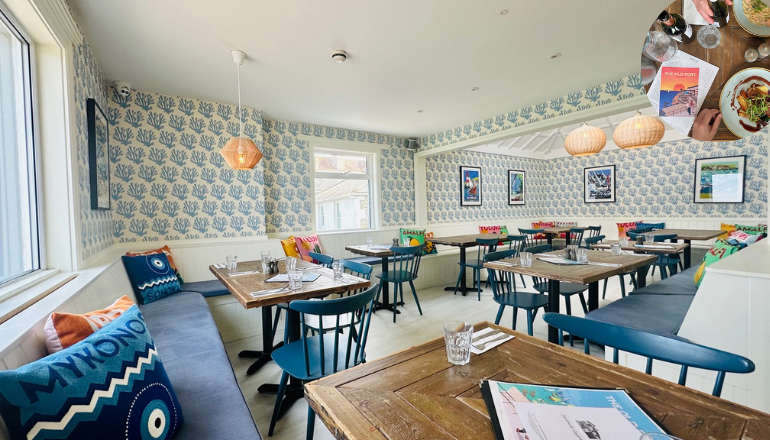 Seaview Pub Picks Up National Award
Seaview Pub Picks Up National Award
 Isle Of Wight Radio Child Of Wight Awards 2024 Nominations Now Open
Isle Of Wight Radio Child Of Wight Awards 2024 Nominations Now Open
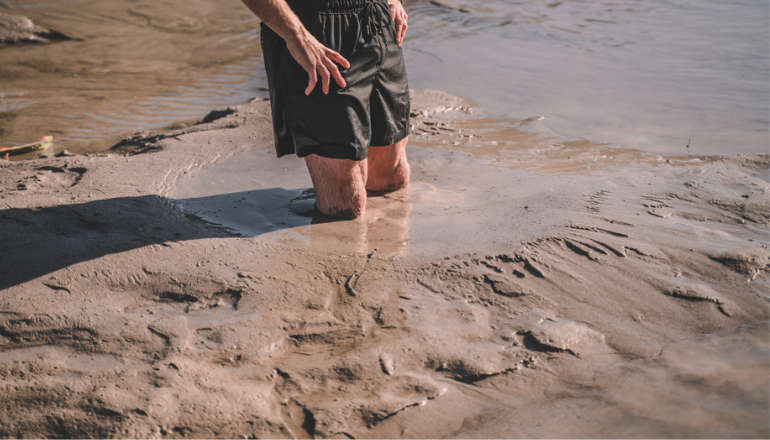 Fire Service Issues Water Safety And Mud Rescue Advice For Isle Of Wight
Fire Service Issues Water Safety And Mud Rescue Advice For Isle Of Wight
 New Online Cancer Support For Local Residents
New Online Cancer Support For Local Residents
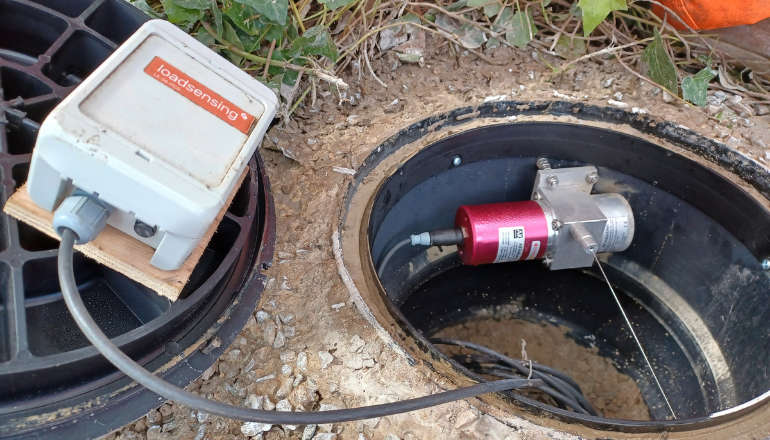 Specialist Monitoring Equipment Now Installed At Leeson Road
Specialist Monitoring Equipment Now Installed At Leeson Road
 West Wight Runner Jackie Follows PB Marathon Run With Eastenders Appearance
West Wight Runner Jackie Follows PB Marathon Run With Eastenders Appearance
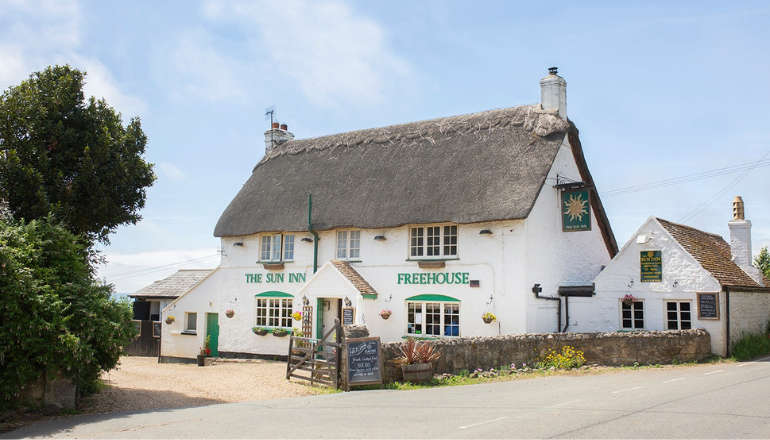 West Wight Pub Can Now Be Listed As 'Asset Of Community Value'
West Wight Pub Can Now Be Listed As 'Asset Of Community Value'
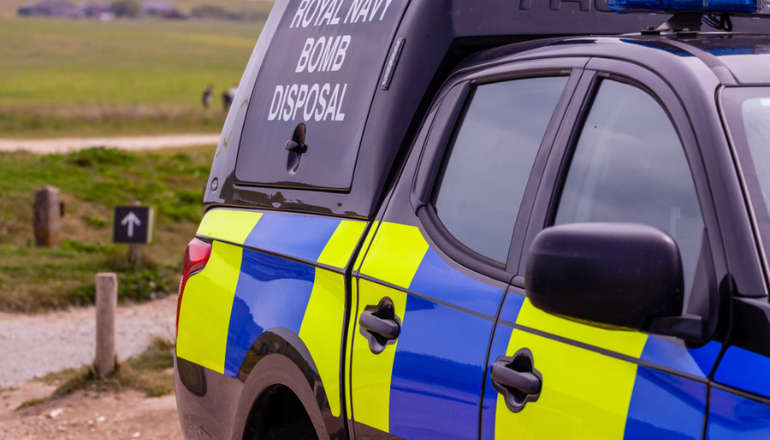 Royal Navy 'Bomb Squad' Called To Seaview Following Ordnance Alert
Royal Navy 'Bomb Squad' Called To Seaview Following Ordnance Alert
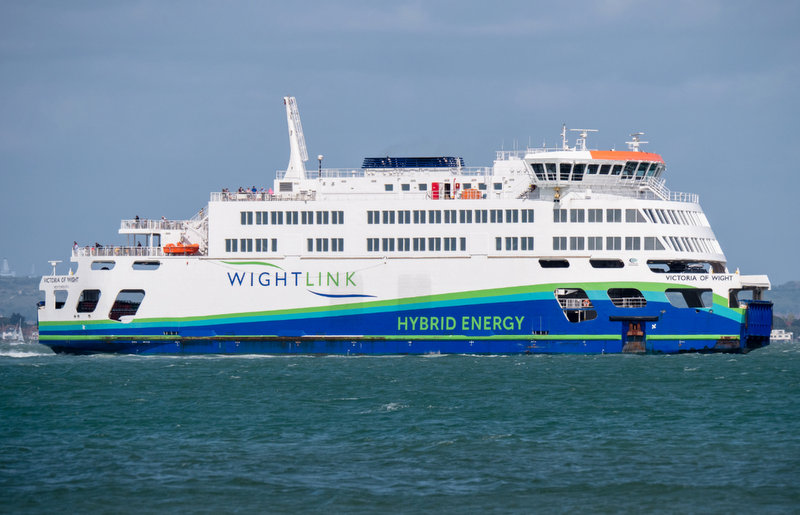 Automated Gates Arrive On Wightlink’s FastCat Foot Passenger Route
Automated Gates Arrive On Wightlink’s FastCat Foot Passenger Route
 Help Keep Isle Of Wight Streets Neat – Bring Your Bin In
Help Keep Isle Of Wight Streets Neat – Bring Your Bin In
 Two Passengers Injured Following Bus Crash In Ryde
Two Passengers Injured Following Bus Crash In Ryde
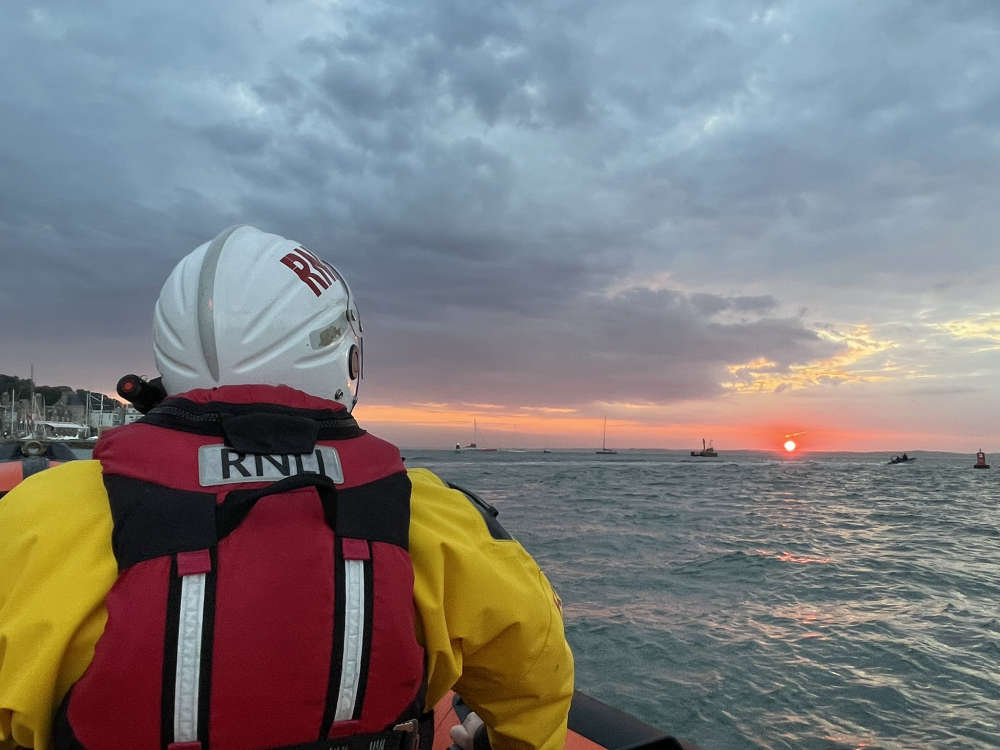 Late Night Reports Of Collision Spark Extensive Land, Sea And Air Search
Late Night Reports Of Collision Spark Extensive Land, Sea And Air Search
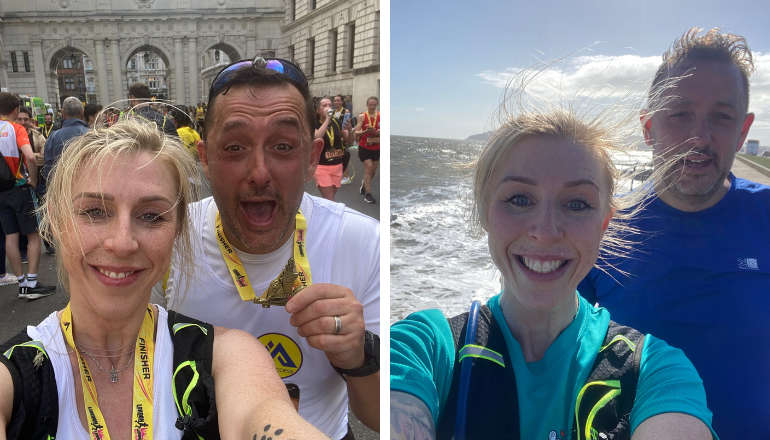 Islanders Taking On London Marathon Today For Local Charities
Islanders Taking On London Marathon Today For Local Charities
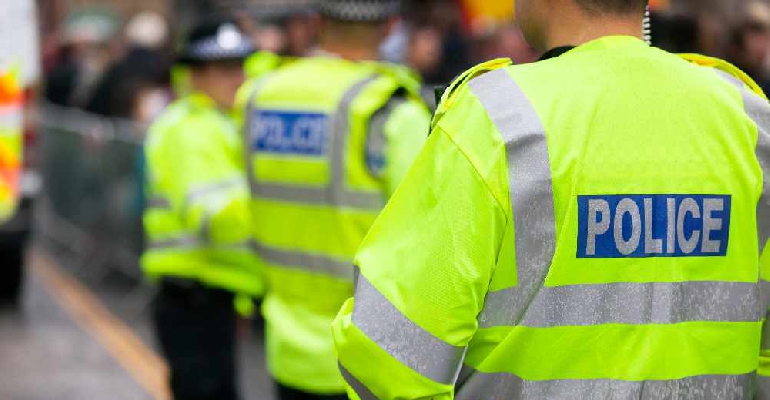 Four Men Arrested Following Rogue Trader Activities In East Cowes
Four Men Arrested Following Rogue Trader Activities In East Cowes
 Rugby Players Set To Scale Great Heights For Teddy
Rugby Players Set To Scale Great Heights For Teddy
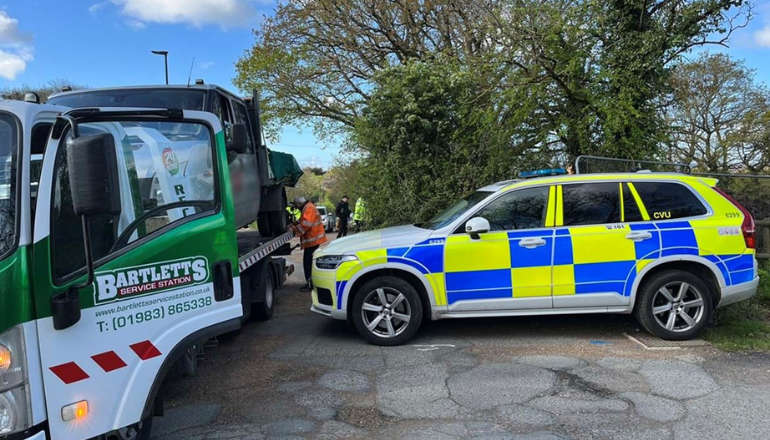 Drug Driving, Domestic Abuse And Stalking Among Arrests Made As Police Target Isle Of Wight Criminals
Drug Driving, Domestic Abuse And Stalking Among Arrests Made As Police Target Isle Of Wight Criminals
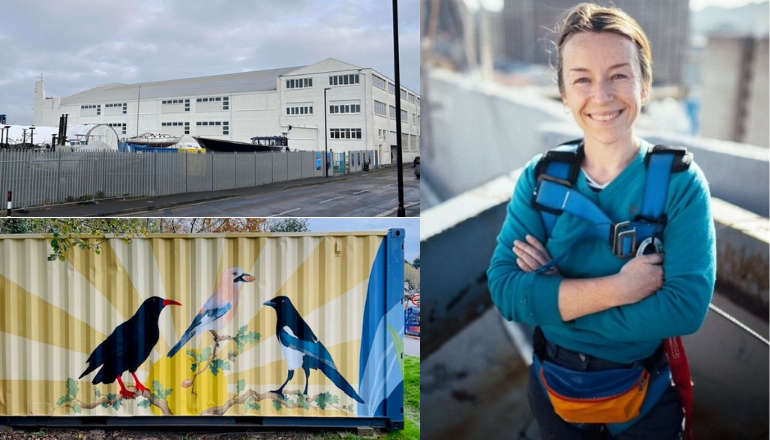 Work Begins On ‘Monumental’ Mural Project At Historic Columbine Building
Work Begins On ‘Monumental’ Mural Project At Historic Columbine Building


